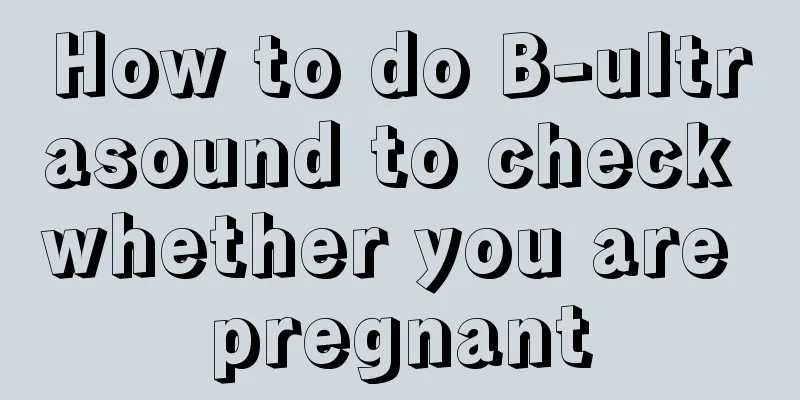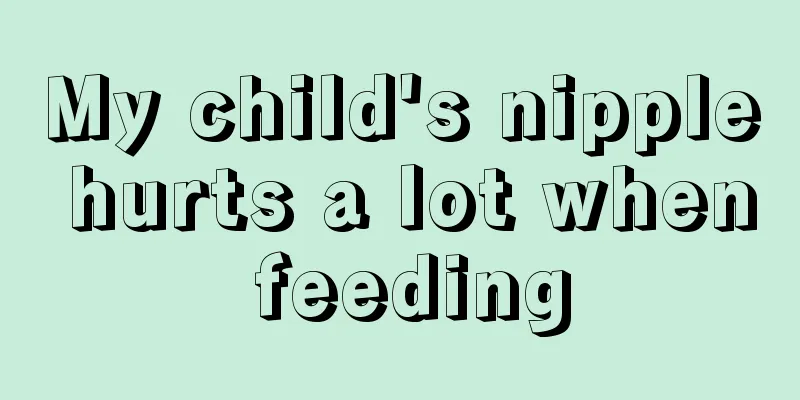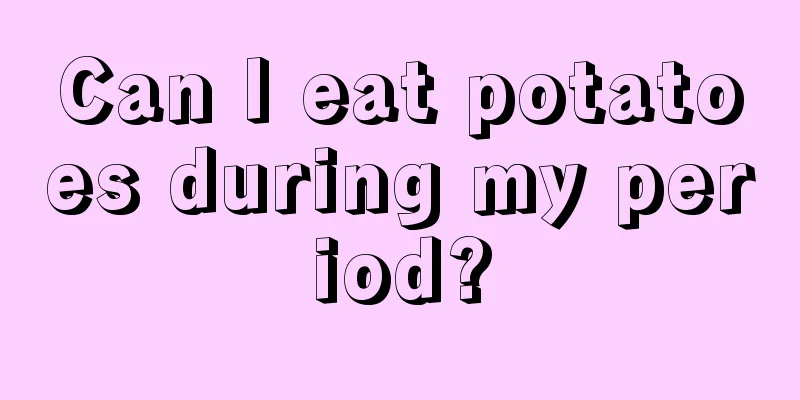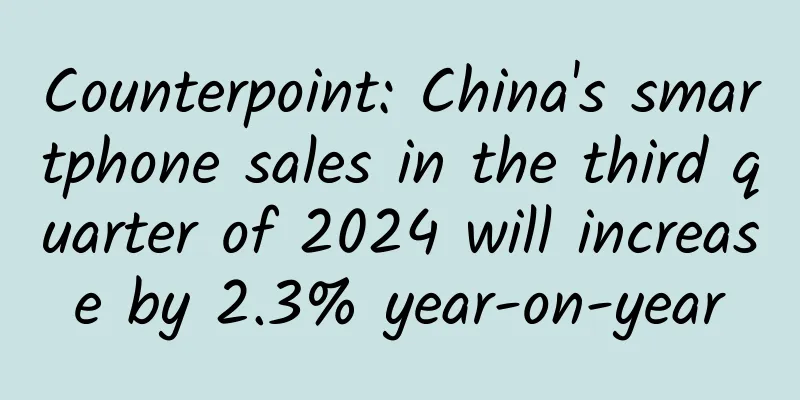Does long-term high-salt diet increase the risk of gastric cancer?
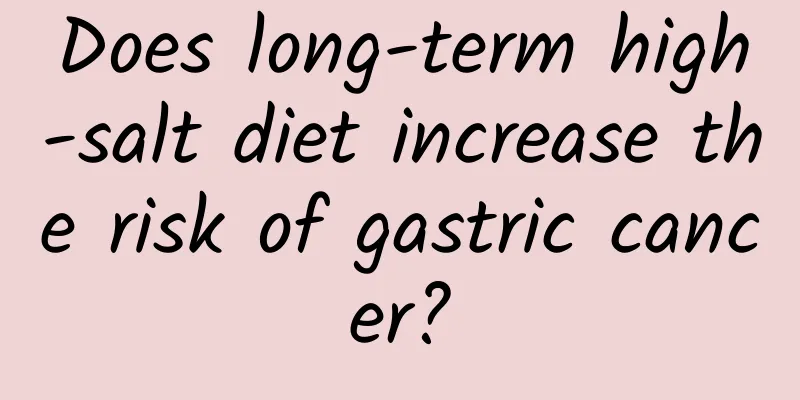
|
Myth: Eating high-salt foods frequently can irritate the stomach. Eating too much salt can cause chronic damage to the gastric mucosal barrier, which can increase susceptibility to carcinogens over time and lead to gastric cancer. Truth-checking: It is indeed true Verification points: 1 Gastric cancer is one of the most common cancers in the world. Excessive intake of salt and various traditional salted foods (such as pickled meat, pickles, salted fish, etc.) will significantly increase the risk of gastric cancer. The report "Diet, Nutrition, Physical Activity and Gastric Cancer" released by the World Cancer Research Fund in 2016 pointed out that the incidence of gastric cancer in people with the highest intake of salted foods is 70% higher than that in those with the lowest intake. 2 Therefore, reducing the intake of salt and salted foods can reduce the incidence of gastric cancer to a certain extent. The "Healthy China Tour (2019-2030)" just released puts forward the principle of "daily salt intake should not exceed 5 grams". Everyone must keep it in mind. At the same time, we should not only focus on added salt, but also be vigilant about hidden salt and try not to eat salted foods. Cancer has always been a disease that people are afraid of, and health articles on cancer prevention have always been very popular. Posts like "Why is cancer increasing? Four kinds of food that doctors never touch, if you touch them again, you are feeding cancer cells" are very popular. But readers, you must open your eyes and distinguish carefully for such posts, because half-truths are usually a means for some self-media to deceive people. Let's take this article as an example and take a closer look. 1. Does long-term high-salt diet increase the risk of gastric cancer? (Screenshot of online post) Gastric cancer is one of the most common cancers in the world. Excessive intake of salt and various traditional salted foods (such as pickled meat, pickles, salted fish, etc.) will significantly increase the risk of gastric cancer. The report "Diet, Nutrition, Physical Activity and Gastric Cancer" released by the World Cancer Research Fund in 2016 pointed out that people with the highest intake of salted foods have a 70% higher incidence of gastric cancer than those with the lowest intake. [1,2] The potential mechanisms of long-term high-salt diet causing disease include[1,2]: Excessive salt intake can damage the gastric mucosal barrier and cause chronic gastritis, which can cause cancer after accumulation over a period of time. Excessive salt intake increases the susceptibility of the gastric mucosa to carcinogens (such as Helicobacter pylori). Salted foods not only contain excessive salt, but also contain large amounts of nitrates. Once nitrates enter the human body, they will be further converted into carcinogenic nitrosamines under the action of gastric acid, increasing the risk of gastric cancer. Salt may also increase the likelihood of persistent infection with Helicobacter pylori, and the two together may increase the risk of gastric cancer. Therefore, reducing the intake of salt and salted foods can reduce the incidence of gastric cancer to a certain extent. The recently released "Healthy China Tour (2019-2030)" puts forward the principle of "daily salt intake should not exceed 5 grams" [3]. We must keep this in mind. At the same time, we should not only focus on added salt, but also be vigilant about hidden salt and try not to eat salted foods. 2. Cancer patients cannot drink milk? False (Screenshot of online post) Milk is the best food for daily dietary calcium supplementation. Calcium and iron do have a competitive absorption relationship in the human body, which means that excessive intake of one can reduce the absorption rate of the other, but this is not a reason for us to reject milk. On the contrary, drinking milk has never been a risk factor for iron deficiency anemia. The absorption rate of minerals is not only affected by one factor. There are absorption resistance factors and promoting factors between food components, including dietary protein, vitamin C, lactic acid, etc. A balanced dietary pattern can bring sufficient promoting factors, so that the resistance brought by the impedance factors can be offset. We can avoid the effect of calcium on iron absorption by taking calcium and iron separately, with an interval of more than 1 hour. Refusing to drink milk due to concerns about iron absorption will not only not help your health, but will also increase the risk of calcium deficiency. Over time, the body will also show difficult health problems, such as osteoporosis and frequent cramps. On the other hand, existing studies have reached different conclusions on the relationship between dairy products and cancer. To explore this issue, a research team from the University of Manitoba in Canada selected 42 papers that met the verification requirements from 9,696 reviews, and published the results in the British Medical Journal this year. The results showed that most existing studies pointed out that there is either no significant relationship between dairy product intake and cancer, or that it can reduce the incidence of cancer. [4] (The relationship between dairy products and various cancers and the number of related reports in studies that met the verification requirements [4]) Moreover, even after screening, the evidence level of the 42 papers that were left was generally not high. Nearly 40% of the research results were of low reliability, and less than 10% were just on the edge of "high quality". The high-quality paper also concluded that dairy products can help suppress the risk of colorectal cancer. Moreover, no matter what conclusions these papers reached, none of them revealed the causal relationship and potential mechanism of milk's anti-cancer or cancer-promoting effects. [4] Therefore, I believe that we should remain calm, maintain an open mind, and look forward to more high-level evidence research to confirm this. my country's dietary guidelines for residents also hold the same view. The guidelines recommend that children over 7 years old and ordinary adults should ensure that they drink 300 grams of milk every day, provided that they are not lactose intolerant. For patients who have already had cancer, the treatment process may be accompanied by poor appetite, functional eating disorders, insufficient oral intake of many nutrients, and the risk of malnutrition. Milk is a liquid food that does not require excessive chewing and is smooth to the mouth. If the patient can tolerate milk, it is highly encouraged to include milk in the daily diet. 3. Eating greasy food will cause digestive tract disorders and affect hematopoietic function? False (Screenshot of online post) Eating too much greasy food is indeed bad for your health. Occasionally, if you eat too much oil, you will indeed experience symptoms of indigestion, but eating greasy food is not a pathological factor that causes digestive dysfunction. Under normal circumstances, eating greasy food will cause symptoms of indigestion such as early satiety, acid reflux, bloating, nausea, and heartburn. However, as long as you reduce your fat intake, the symptoms will ease on their own, and indigestion will be cured without treatment, and everything will return to normal. This kind of indigestion is not a manifestation of a disease, nor will it gradually deteriorate into a digestive tract disease. In addition, the process of hematopoiesis is a complex process of proliferation and differentiation of hematopoietic stem cells in the bone marrow. Abnormal hematopoietic function is generally a manifestation of malignant tumors, myelofibrosis, some special infectious diseases, nutrient deficiencies (iron, vitamin B12 and folic acid), etc. Among them, only iron, vitamin B12 and folic acid deficiencies are related to diet, and eating greasy food is not a risk factor. Many studies have shown that adequate intake of fruits and vegetables is indeed associated with a lower incidence of cancer. "Eat fruits and vegetables every day" is also a slogan often called for by academic circles in China and other countries around the world. This is because insufficient intake of fruits and vegetables is a dietary problem that knows no borders, but this does not mean that eating only fruits and vegetables is enough to meet the body's needs. On the contrary, a diet consisting only of fruits and vegetables will cause an unbalanced nutrient intake: energy, protein, fat, and carbohydrates will all face the risk of insufficient intake, thereby introducing other serious health problems. A healthy, balanced diet and good overall living habits are the basis for cancer prevention. |
<<: When do katydids chirp? What do katydids use to make sounds?
>>: Where is the katydid suitable for living? What kind of insect is the katydid?
Recommend
Is it possible to get pregnant two months after the IUD is removed?
The use of IUDs as an effective contraceptive met...
Does body shaping underwear really work?
The so-called body shaping underwear is the very ...
This non-stick pan coating can actually cause a decline in male sperm quality...
Compiled by: Gong Zixin Microplastics refer to pl...
Clinical manifestations of hyperprolactinemia
Hyperprolactinemia is also called hypersecretion,...
What is the meaning of pelvic floor muscle
Many women feel some discomfort in their bodies a...
What to do if breast milk is blocked?
Many new mothers who have just given birth always...
Why does leucorrhea feel like menstruation? The reason is actually this
Some women will find that the amount of vaginal d...
What to do if your period doesn't end
Nowadays, the pace of life is getting faster and ...
Stents, to put or not to put? This is a biomechanical question
As soon as you see the title, you will say: What?...
What are the benefits of women drinking yogurt every day?
Yogurt is a popular dairy product in our daily li...
How to adjust the period when the flow is small
In addition to adjusting the diet, you can also a...
Why haven't I had my period for two months?
Nowadays, women are under great pressure at work....
What should women who are planning to have a baby eat to help them get pregnant?
As the saying goes, medicine is not as good as di...
Does toothpaste have any effect on pregnant women?
After pregnancy, pregnant women will have various...
What to eat during the fifth month of pregnancy
For expectant mothers or pregnant women, they sho...
